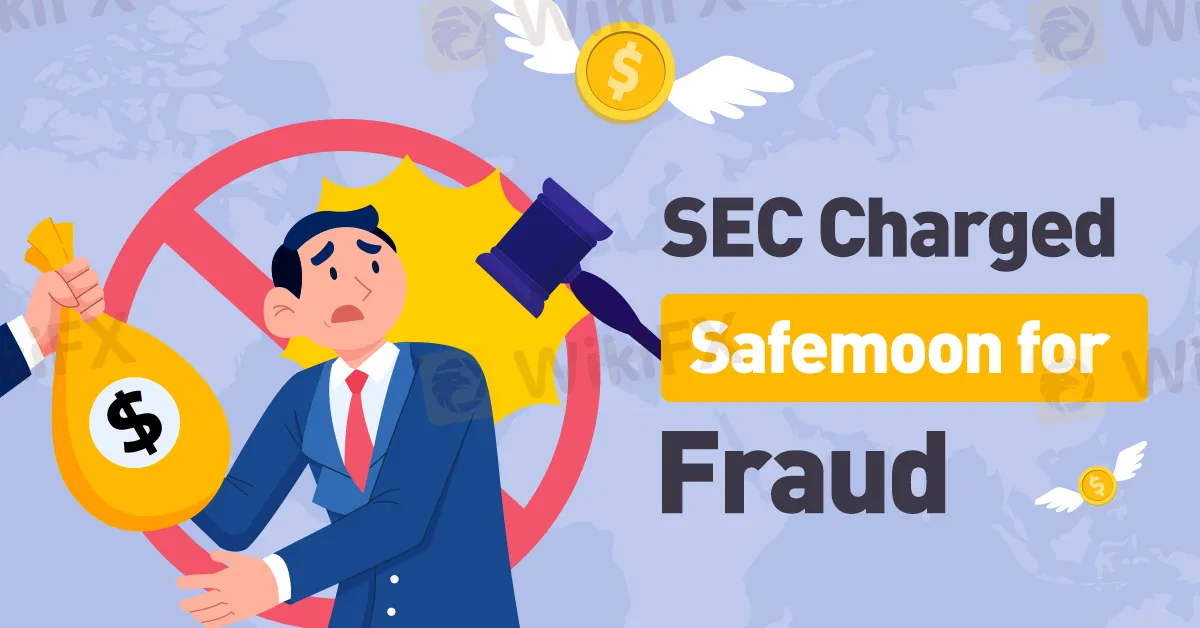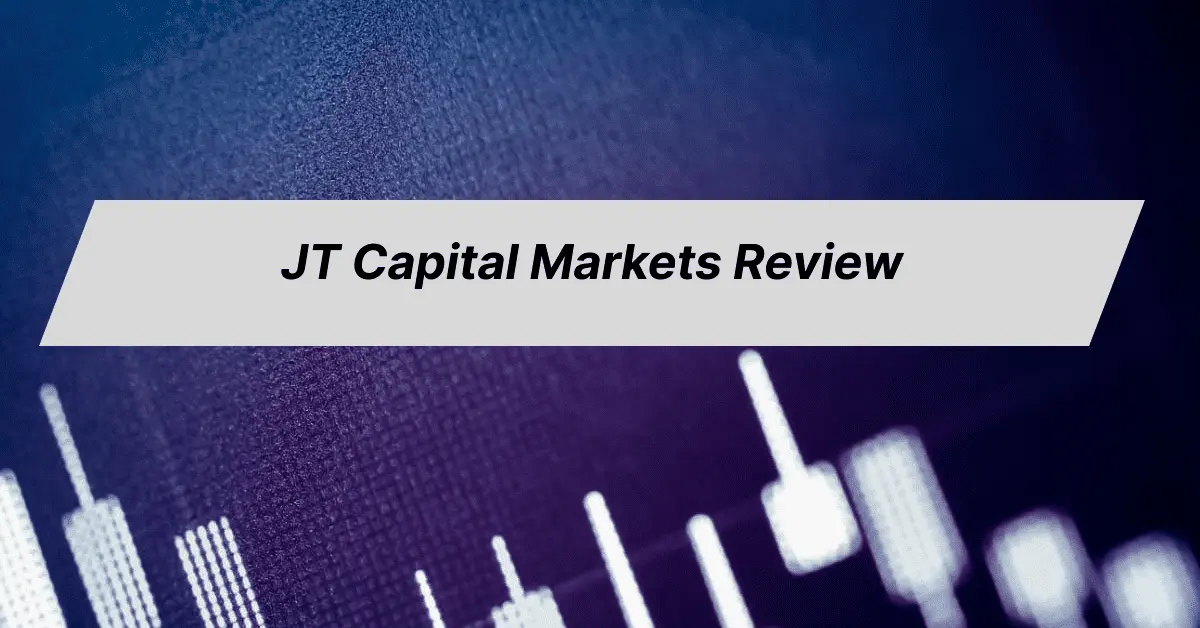简体中文
繁體中文
English
Pусский
日本語
ภาษาไทย
Tiếng Việt
Bahasa Indonesia
Español
हिन्दी
Filippiiniläinen
Français
Deutsch
Português
Türkçe
한국어
العربية
SEC Charged Safemoon for Fraud
Abstract:The U.S. Securities and Exchange Commission (SEC) has filed charges against SafeMoon and its executives for an alleged fraudulent scheme involving the unregistered sale of SafeMoon tokens (SFM), a cryptocurrency that attracted investors with promises of substantial returns, leading to legal action and arrests.

The U.S. Securities and Exchange Commission (SEC) has filed charges against SafeMoon, its Founder Kyle Nagy, SafeMoon US, and company executives John Karony and Thomas Smith. The charges revolve around an alleged fraudulent scheme related to the unregistered sale of SafeMoon tokens (SFM), a cryptocurrency that made enticing promises of significant returns.
The SEC's allegations suggest that the leadership of SafeMoon misled investors by assuring the security of their investments while a substantial portion of the liquidity pool remained unsecured. This purportedly led to the misappropriation of over $200 million for personal use.
The value of SFM saw a remarkable increase of more than 55,000 percent between March 12 and April 20, 2021, resulting in a market capitalization of $5.7 billion during that period. However, this rapid growth was short-lived, as the revelation of the unsecured liquidity pool triggered a nearly 50% price crash in April 2021.
In response to this price drop, Karony and Smith are alleged to have used misappropriated assets to artificially bolster SFM's price and manipulate the market. Additionally, Karony faces accusations of engaging in wash trading, a practice that can create a misleading impression of market activity.
David Hirsch, Chief of the SEC Enforcement Division's Crypto Assets and Cyber Unit, pointed out the vulnerabilities associated with unregistered offerings within the decentralized finance sector, where transparency and accountability are often lacking. These shortcomings can be exploited by individuals for personal gain.

The SEC has initiated legal proceedings in the U.S. District Court for the Eastern District of New York, charging the defendants with violations of the registration and anti-fraud provisions of the Securities Act of 1933, as well as the anti-fraud provisions of the Securities Exchange Act of 1934.
The founders and executives of SafeMoon are now facing federal charges, including conspiracy to commit securities fraud, wire fraud, and money laundering. Karony and Smith have been apprehended, with Karony in Provo, Utah, and Smith in Bethlehem, New Hampshire. However, Kyle Nagy remains at large, and law enforcement is actively seeking his apprehension. The U.S. Department of Justice has also filed additional lawsuits against the SafeMoon founders in a federal court located in Brooklyn.

Disclaimer:
The views in this article only represent the author's personal views, and do not constitute investment advice on this platform. This platform does not guarantee the accuracy, completeness and timeliness of the information in the article, and will not be liable for any loss caused by the use of or reliance on the information in the article.
Read more

JT Capital Markets Review
JT Capital Markets is a UK-registered foreign exchange broker with an operating history of approximately 5–10 years. It maintains a commercial website at www.jtcapitalmarkets.com, which, according to WikiFX’s Time Machine snapshots, was last captured in August 2020 before going offline under the guise of “maintenance”.

Kraken Launches Forex Perpetual Futures on Kraken Pro Platform
Kraken Pro adds forex perpetual futures (EUR/USD, GBP/USD) with 20x leverage, blending crypto and traditional markets. Explore stocks, ETFs, and crypto debit card features.

Think Scams Won’t Happen to You? That’s Exactly What Scammers Count On
We live in a world where information is everywhere. People are more digitally literate than ever before. Financial education is just a few clicks away. And yet, investment scams are not going away but they’re getting worse. It’s tempting to think that only the gullible fall for these tricks. But that’s far from the truth. Why? Because investment scams don’t target your knowledge. They target your emotions.

Crypto Traders Hit by Scam Using Fake Regulatory Documents, MFSA Cautions
Fraudsters are using MFSA-branded fake documents to scam crypto users, as impersonation of regulators rises globally and document-based scams grow increasingly sophisticated.
WikiFX Broker
Latest News
eXch Exchange to Shut Down on May 1 Following Laundering Allegations
How a Viral TikTok Scam Cost a Retiree Over RM300,000
FCA Proposes Simplifying Investment Cost Disclosure for Retail Investors
JT Capital Markets Review
Fresh Look, Same Trust – INGOT Brokers Rebrands its Website
Think Scams Won’t Happen to You? That’s Exactly What Scammers Count On
Beware of Gold Bar Investment Scams: Rising Threats
Finalto Teams Up with Alphaville for 2025 London Quiz
Elites Gather in Taipei to Forge a New Forex Ecosystem
Kraken Launches Forex Perpetual Futures on Kraken Pro Platform
Currency Calculator


